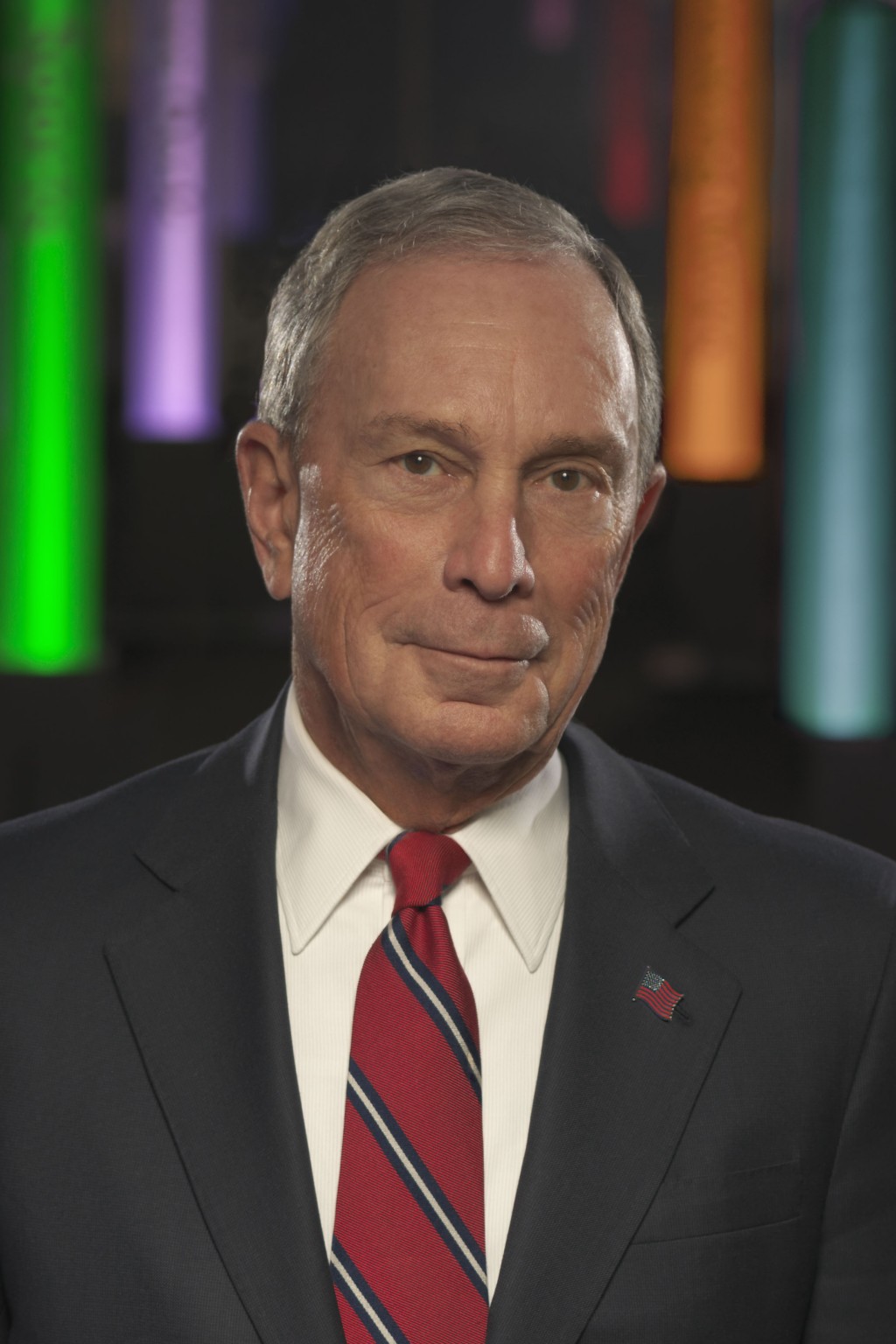
Photo courtesy of Bloomberg Philanthropies, Flickr
Facebook announced Friday that it will allow politicians to run advertisements on its platform, categorized as “branded content.”
The announcement follows news from Democratic presidential candidate Michael Bloomberg’s campaign that Meme 2020, run by Jerry Media chief executive Mick Purzycki, has been hired to produce advertisements for his campaign.
As long as the content fits within the disclosure guidelines, creators will be allowed to make content for politicians. The content must use Facebook’s branded content tool, where “publishers must tag their partners in branded content posts, which can be either organic or ads,” according to the Branded Content page on Facebook.
“After hearing from multiple campaigns, we agree that there’s a place for branded content in political discussion on our platforms,” a Facebook spokesperson wrote in an email statement sent to various news outlets. “We’re allowing US-based political candidates to work with creators to run this content, provided the political candidates are authorized and the creators disclose any paid partnerships through our branded content tools.”
The statement comes months after Facebook announced that it will no longer be fact-checking political advertisements for inaccuracies, reaffirming the principle in a Jan. 9 statement.
The email statement argued “in the absence of regulation, Facebook is “left to design [its] own policies.”
“We have based ours on the principle that people should be able to hear from those who wish to lead them, warts and all and that what they say should be scrutinized and debated in public. This does not mean that politicians can say whatever they like in advertisements on Facebook,” the statement read.
All users must abide by Facebook’s community standards, which are applied to ads and include policies that “ban hate speech, harmful content and content designed to intimidate voters or stop them from exercising their right to vote. We regularly disallow ads from politicians that break our rules,” the email continues.
Yet there is nothing in the statement that affirms Facebook will fact-check political advertisements for something as simple as the truth.
“Refusing to catalogue paid political ads because the Bloomberg campaign found a workaround means there will be less transparency for the content he is paying to promote,” Sen. Elizabeth Warren (D-MA) said in a Feb. 14 tweet. “Mike Bloomberg cannot be allowed to buy an election with zero accountability.”
Facebook will not earn revenue from the advertisements, as branded content does not fall under the same category as advertisements, but instead asks users to disclose paid partnerships.
“Because the posts from influencers are branded content, not traditional ads run through FB’s ad platform,” New York Times Style reporter Taylor Lorenz tweeted. “Sponsored political content will not be placed in Facebook’s political Ad Library unless the creator pays to boost their posts.”
Websites and newsrooms have become more dedicated to the principle of truth in the news as disinformation spreads among citizens through politics. Without fact-checking on political advertisements or “branded content,” users across social media are at risk of spreading more disinformation because they are not able to confirm that the information they are receiving is true.
This development in Facebook’s policy is a step back for those that turn to the social media network for reliable news and information.
akarp@ramapo.edu





